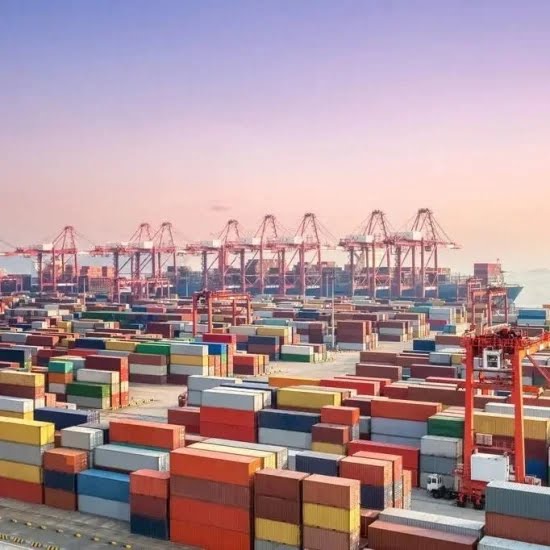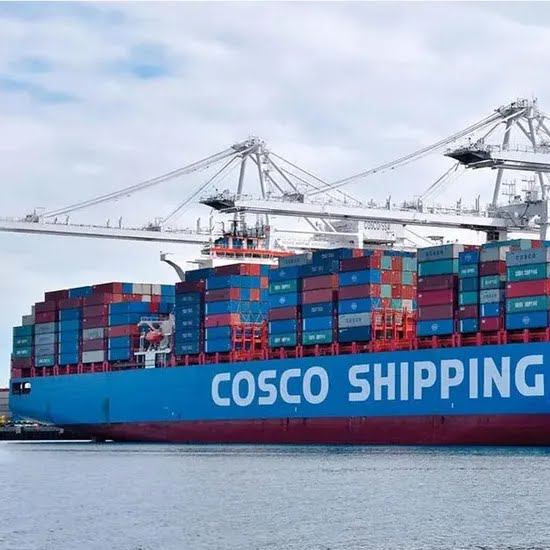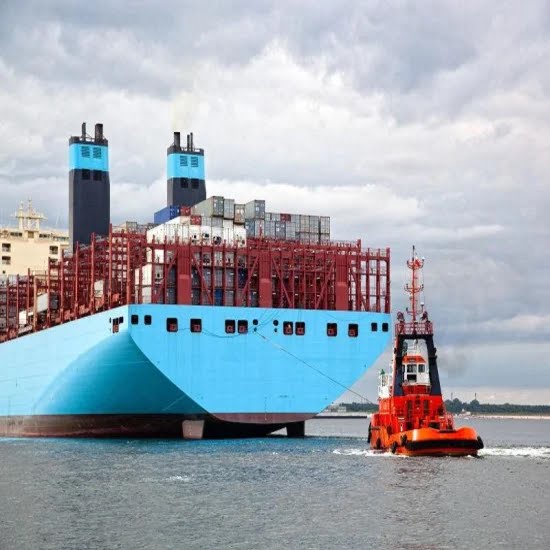In today’s globalized economy, efficient logistics and freight forwarding services are essential for businesses engaged in international trade. A professional freight forwarder ensures smooth transportation of goods across borders, handling everything from customs clearance to delivery. This article explores the key benefits of freight forwarding and how businesses can optimize their global shipping operations.



What Is Freight Forwarding?
Freight forwarding is the process of organizing and managing the shipment of goods from one location to another. This includes coordinating with carriers, handling documentation, and ensuring compliance with international trade regulations. Freight forwarders act as intermediaries between shippers and transportation providers, offering tailored solutions for different shipping needs.
Key Benefits of Freight Forwarding Services
- Cost-Effective Shipping Solutions
Freight forwarders negotiate competitive rates with shipping lines, airlines, and trucking companies, helping businesses reduce transportation costs. Bulk shipping and optimized routing ensure efficient logistics management. - Hassle-Free Customs Clearance
Navigating customs regulations can be complex. Freight forwarders handle all necessary paperwork, including customs declarations, import/export permits, and compliance with trade laws, ensuring smooth clearance and preventing delays. - Multi-Modal Transport Options
Freight forwarding services provide flexible transportation methods, including:
Air Freight – Fast and efficient for urgent shipments.
Sea Freight – Cost-effective for bulk cargo and international trade.
Rail Freight – Reliable for long-distance shipping in certain regions.
Road Freight – Ideal for domestic and cross-border deliveries.
- Supply Chain Optimization
A reliable freight forwarder helps businesses streamline their supply chain by offering warehousing, inventory management, and real-time tracking. This ensures timely delivery and minimizes disruptions. - Risk Management and Cargo Insurance
Freight forwarding services include risk assessment and cargo insurance options to protect goods from damage, theft, or loss during transit. Proper risk management strategies help businesses safeguard their shipments. - Global Network and Expertise
With an extensive network of partners, freight forwarders provide international shipping solutions tailored to different markets. Their expertise in global trade regulations ensures compliance and smooth operations across various countries.
Steps in the Freight Forwarding Process
Shipment Planning – Choosing the best transport method based on cargo type, destination, and budget.
Booking and Documentation – Arranging transportation, securing space with carriers, and preparing necessary documents.
Customs Clearance – Handling import/export procedures, duties, and compliance checks.
Cargo Handling and Transport – Coordinating with shipping companies and monitoring the movement of goods.
Final Delivery – Ensuring on-time arrival at the destination through last-mile logistics solutions.
Choosing the Right Freight Forwarding Partner
When selecting a freight forwarding service, consider the following:
Experience and Industry Expertise – Look for a provider with a strong track record in handling international shipments.
Service Flexibility – Ensure they offer multi-modal transportation, warehousing, and customs brokerage.
Technology and Tracking – Real-time tracking and digital logistics platforms enhance visibility and efficiency.
Customer Support – A responsive and knowledgeable team ensures smooth communication and issue resolution.
Conclusion
Freight forwarding plays a crucial role in global trade, helping businesses move goods efficiently and cost-effectively. By partnering with an experienced freight forwarder, companies can streamline logistics, ensure compliance, and optimize supply chain operations.
For businesses looking to expand into international markets, professional freight forwarding services provide the reliability and expertise needed for seamless global shipping.
